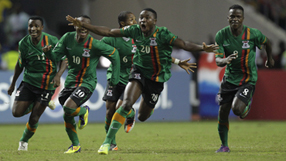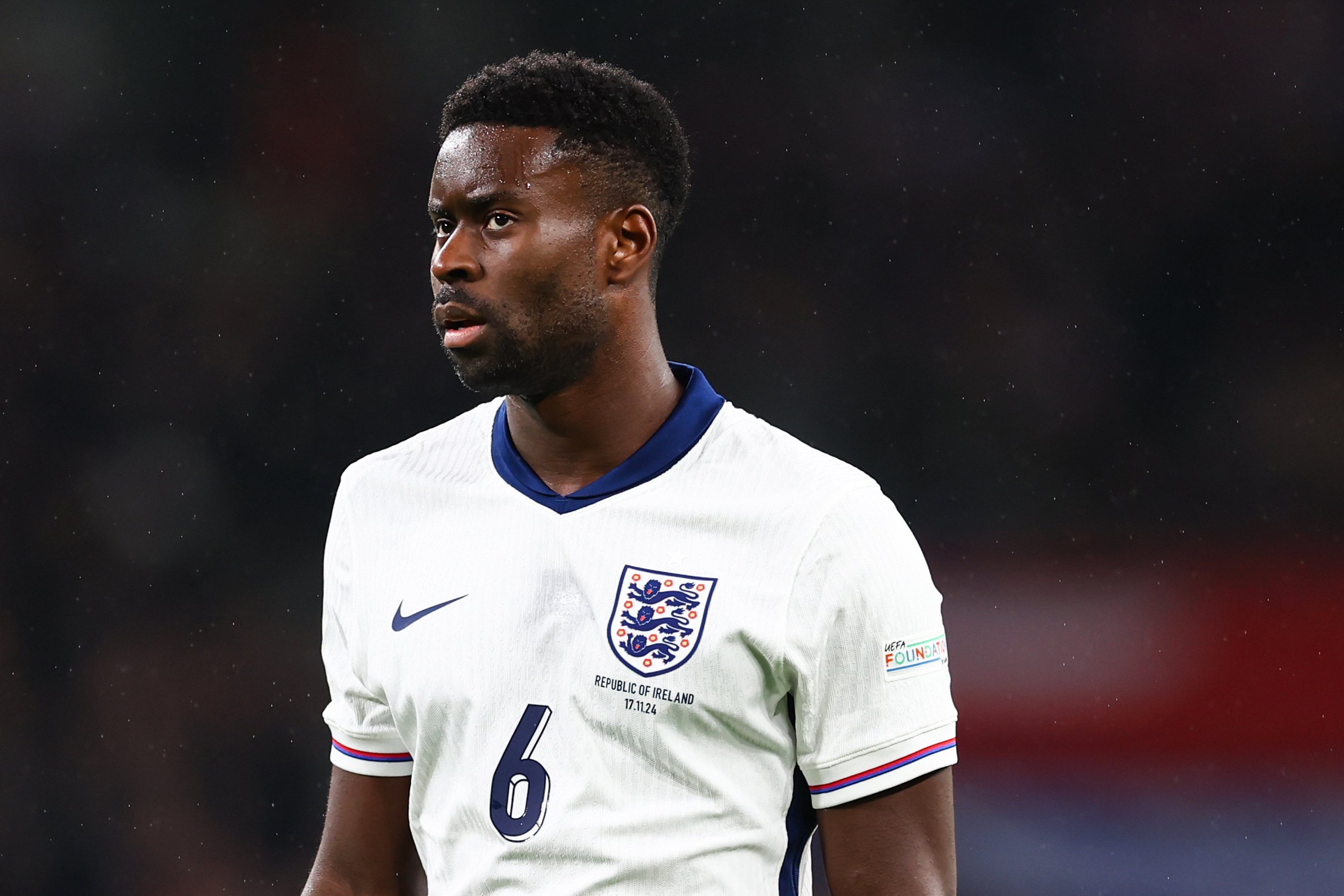
Lying 71st in the world rankings, with a squad based on little-known, African-based players and playing only a few kilometres from the scene of an air crash which wiped out their team in 1993, Zambian's win left even their own coach Herve Renard lost for words.
"They found the strength, I don't know where," he said after they beat the Ivory Coast's team of European-based players 8-7 on penalties on Sunday following a goalless draw.
"There is something written somewhere," added Renard, who himself abandoned a playing career after realising he was not good enough and spent 10 years running a cleaning company.
"It just felt right but it was not because of me, I don't know where it came from."
After winning, the Zambian team held up banners remembering their side who died in an air crash following a stopover in Gabon on the way to a World Cup qualifier in Senegal in 1993.
It was the sort of fairytale which simply could not happen in the big-money world of European club football and may help the Nations Cup to gain new appeal.
The tournament was once regarded as an exotic sideshow associated with the old cliches about colourful fans, tactically naive teams and voodoo on the pitch.
The best features, fun and footballing quizzes, straight to your inbox every week.
Around 10 years ago, with the influx of African players to Europe, it suddenly found itself being taken seriously, so much so that European club coaches complained at having to release their players.
As European interest grew, a new reality struck. The football was often dull and defensive and, although the fans were colourful, there were not many of them with most games played in empty stadiums.
Chaotic organisation and controversial refereeing, particularly in Egypt in 2006, further lowered the outside world's perception.
It reached a possible low point two years ago in Angola when Togo pulled out of the tournament after two members of their delegation were killed in an ambush on the team bus in the province of Cabinda.
Although the tournament went on, the football was poor and attendances dismal while the outrageous prices, chaotic transport and visa restrictions which barred many would-be visitors all left a sour taste in the mouth.
SMOOTH TOURNAMENT
For 2012, oil-rich co-hosts Gabon and Equatorial Guinea produced impressive infrastructure, although nagging worries over visas and hotels persisted until the last minute for many visitors.
However, once the tournament started, things ran impressively smoothly with a notable absence of heavy-handed security.
Despite the absence of big guns Nigeria, Cameroon and Egypt, the competition threw up the drama which had been palpably missing from previous editions.
There was the astonishing progress of Equatorial Guinea, ranked 151st in the world, to the quarter-finals, thanks to a stunning injury-time win over Senegal with a goal from Spanish fourth-division amateur David Alvarez.
Gabon also surpassed
 Join The Club
Join The Club





